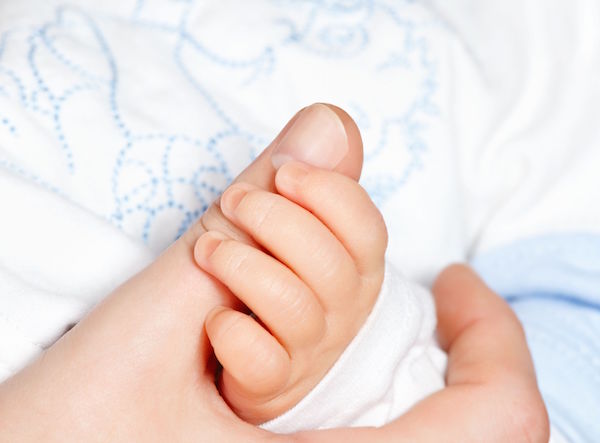
THURSDAY, July 21 (HealthDay News) — Babies who are exclusively breast-fed for six months or more are less likely to develop symptoms of asthma in early childhood, new research suggests.
Although previous studies have found a link between breast-feeding and a reduced risk for childhood asthma, this study also found the likelihood of developing asthma is also affected by how long a child is breast-fed. For instance, children who are breast-feed for a shorter length of time, or not exclusively, are more likely to experience asthma-related symptoms by the time they are 4.
Dutch researchers compiled information on how more than 5,000 children were fed during their first year of life. Specifically, they wanted to know if the children were breast-fed, and if so, for how long. The researchers also recorded if and when any other milk or solids were introduced.
The researchers examined the children each year until they turned 4 to check for any asthma-related symptoms.
The study, published online in the European Respiratory Journal, found that children who had never been breast-fed had an increased risk of wheezing, shortness of breath, dry cough and persistent phlegm during the first four years of life, compared to children who were breast-fed for more than six months.
In fact, children who were never breast-fed were up to 1.5 times more likely to develop wheezing and persistent phlegm.
Meanwhile, the children who were fed other milk or solids in addition to breast milk during the first four months of life were also more likely to experience wheezing, shortness of breath, dry cough and persistent phlegm during the first four years of life than children who were exclusively breast-fed for their first four months.
“The link of duration and exclusiveness of breast-feeding with asthma-related symptoms during the first four years was independent of infectious and [allergic diseases associated with an inherited predisposition to them]. These results support current health policy strategies that promote exclusive breast-feeding for six months in industrialized countries,” study author Dr Agnes Sonnenschein-van der Voort, a researcher at Generation R, Erasmus Medical Center in The Netherlands, said in a news release from the European Lung Association.
The study authors noted that more research in needed to explore the protective effect of breast-feeding on the various types of asthma in later life.
More information
The U.S. Department of Health and Human Services provides more information on the benefits of breastfeeding.

